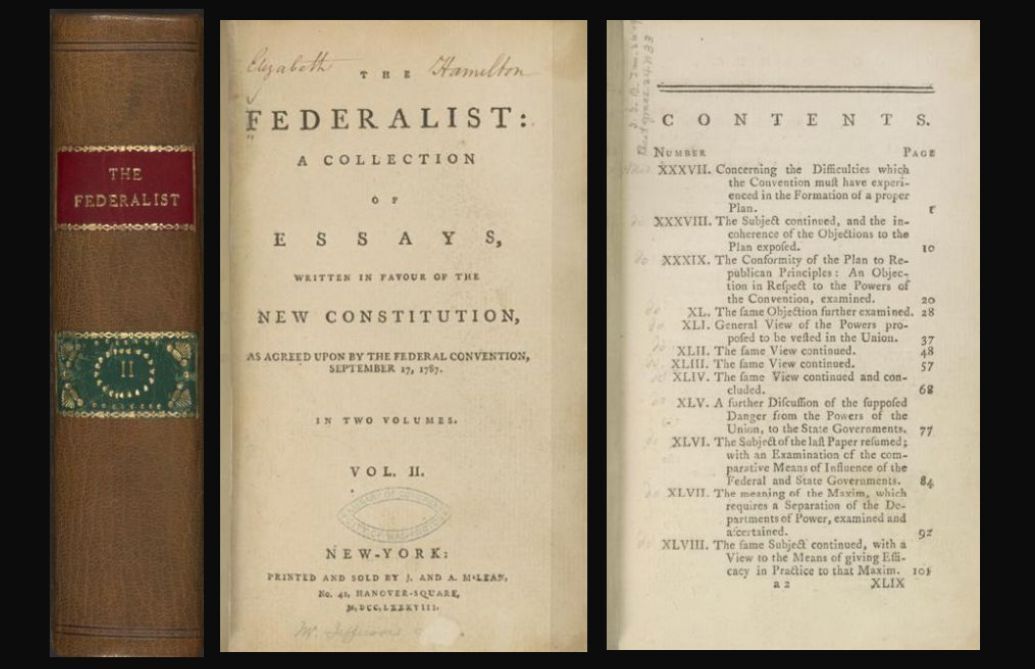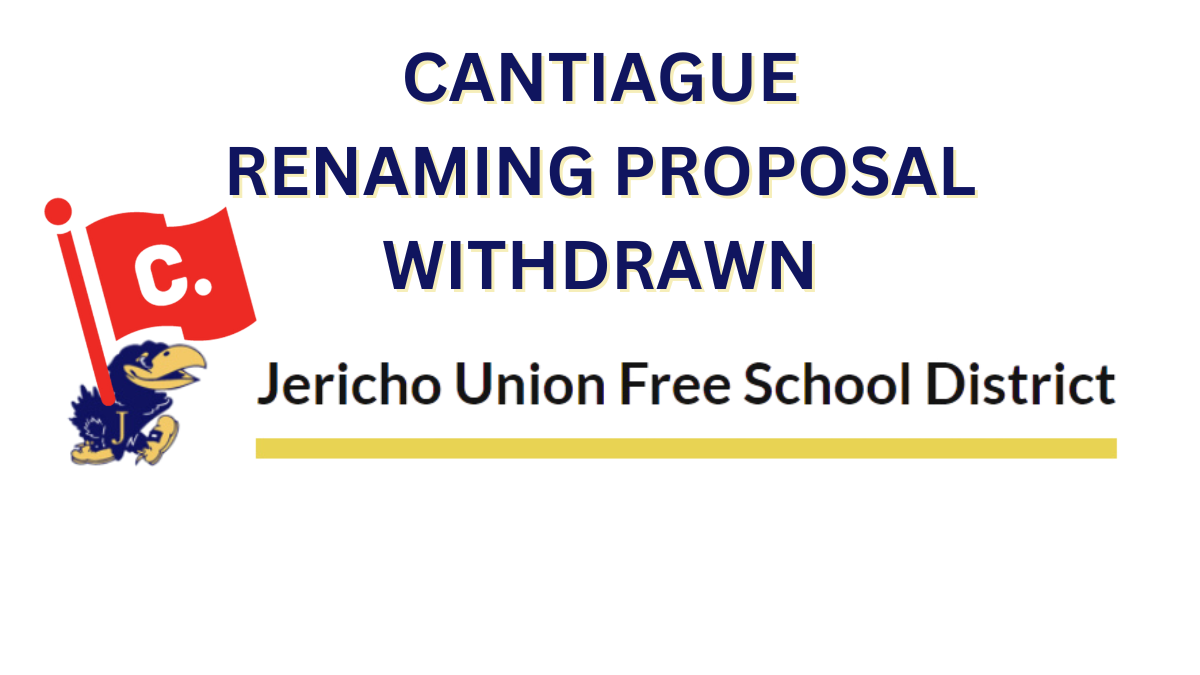Introduction
The proposed renaming of Cantiague Elementary School to Henry L. Grishman Elementary School reveals a troubling pattern of coordinated action by specific district officials and affiliated organization leaders that raises serious legal and ethical concerns. This analysis examines how the actions of key individuals, including Board of Education Vice President Jill Citron, PTA Council President Aileen Gingold, and Director of Public Information Denise Nash, have contributed to multiple violations of established legal precedent and proper governance procedures.
The Coordinated Campaign
On January 23, 2025, a carefully orchestrated presentation before the Board of Education revealed the extent of coordination between district officials and affiliated organizations. PTA Council President Aileen Gingold, appearing alongside Jericho Educational Foundation leadership, presented the renaming proposal in what appears to be a predetermined arrangement. The immediate response by Board Vice President Jill Citron to advance the proposal to the February agenda, without standard vetting procedures or community input, suggests a concerning level of pre-planning that contradicts proper governance requirements under New York State law.
The involvement of Denise Nash, who serves both as the district’s Director of Public Information & Community Relations and on the Jericho Educational Foundation’s Advisory Board, creates additional legal concerns regarding conflicts of interest and proper separation of roles. This dual position raises significant questions under Public Officers Law § 805-a, which explicitly prohibits public officials from using their positions to advance private interests or create appearances of impropriety.
Legal Framework Violations
The actions of these individuals must be examined within the established legal framework governing school facility naming decisions. Under Beckerman v. Graves (1995), public officials are prohibited from participating in decisions that create even the appearance of improper influence or coordination. The immediate advancement of this proposal by Vice President Citron, following the presentation by Gingold and JEF leadership, creates precisely the type of appearance problem that Beckerman sought to prevent.
The coordinated roles of Nash and Gingold raise particular concerns under the Matter of Randall v. Carmel Central School District (2018). In Randall, the court specifically addressed the problem of organizational leaders using their positions to advance naming proposals without proper public vetting. The court held that “the appearance of coordinated action between district officials and affiliated organizations creates an inherent conflict that undermines proper governance procedures.”
Individual Actions and Legal Implications
Board Vice President Jill Citron’s Role
Vice President Citron’s immediate move to advance this proposal to the February agenda, without establishing proper procedures or allowing for community input, potentially violates multiple legal requirements:
- The procedural requirements established in Matter of Kaufmann (2012) for proper vetting of naming proposals
- The public comment requirements emphasized in Randall v. Carmel
- The conflict of interest provisions under Public Officers Law § 805-a
Her actions in expediting this proposal while the superintendent remains actively employed create additional legal vulnerability under state ethics provisions.
PTA Council President Aileen Gingold’s Actions
Gingold’s role in this matter extends beyond simple advocacy to raise serious legal concerns. Her coordinated presentation with the Jericho Educational Foundation, while simultaneously attempting to regulate community discourse at board meetings, represents a troubling overreach of her position. Her public statements expressing disappointment in community “tone” while advancing this proposal suggest an attempt to suppress legitimate public debate, raising First Amendment concerns under established education law.
Director Denise Nash’s Dual Role
Perhaps most concerning from a legal perspective is Nash’s dual position as both district official and JEF Advisory Board member. This arrangement creates multiple legal vulnerabilities:
- Potential violation of Public Officers Law § 805-a regarding conflicts of interest
- Questions about proper separation between district operations and private organizations
- Concerns about the use of public position to advance private organization interests
The removal of JEF leadership information from public view following community questions, while Nash maintained her dual role, raises additional transparency concerns under state public information requirements.
Organizational Entanglement
The intricate web of relationships between these individuals and their organizations creates legal vulnerability under multiple precedents. The courts have consistently held that public education decisions must be made through transparent, properly separated channels. The current situation, where district officials like Nash serve on private organization boards while those organizations advance major district changes, directly contradicts these requirements.
The Matter of Ethics Inquiry 2015-1 specifically addressed such entanglements, noting that “the overlapping roles of public officials and private organization leadership creates an inherent conflict that cannot be resolved through mere disclosure.” This precedent suggests that the current arrangement, where Nash serves both the district and JEF while participating in major naming decisions, is legally untenable.
Procedural Failures
The actions of these individuals have contributed to multiple procedural failures that render the current proposal legally vulnerable:
- Citron’s immediate advancement of the proposal without proper vetting procedures
- Gingold’s attempt to control public discourse while advancing private interests
- Nash’s conflicted role in both district and foundation decision-making
These procedural deficiencies are particularly concerning given the Matter of Appeal of Kaufmann (2012), which explicitly required clear separation between public and private interests in school governance decisions.
Required Remedial Actions
To address these legal deficiencies, several specific actions must be taken:
- Vice President Citron must recuse herself from further involvement in this matter given her role in bypassing proper procedures
- The dual role of Director Nash must be resolved to eliminate conflicts of interest
- Clear guidelines must be established for PTA Council involvement in district governance decisions
- Transparent procedures must be implemented for considering naming proposals
More broadly, the district must address the fundamental governance issues revealed by these individuals’ actions. This includes establishing clear separation between district officials and private organizations, implementing proper vetting procedures for major decisions, and ensuring genuine public input opportunities.
Conclusion
The coordinated actions of Vice President Citron, President Gingold, and Director Nash have created a legally untenable situation that demands immediate correction. Their roles in advancing this naming proposal while holding multiple positions of influence creates precisely the type of conflicts and appearance problems that existing legal precedent prohibits.
The proper course forward requires not only withdrawing the current proposal but also addressing the fundamental governance issues revealed by these individuals’ actions. This includes establishing clear boundaries between public and private roles, implementing proper vetting procedures, and ensuring genuine public input opportunities.
The community’s interest in proper, legal governance must take precedence over the coordinated efforts of a small group of individuals to advance their preferred outcome. The current situation demands immediate correction to prevent legal challenge and restore proper governance procedures.
Legal Notice
This analysis is based on publicly available information and established legal precedent. Specific citations and case law are available upon request. Community members concerned about these legal issues should consult ongoing public comment opportunities and consider signing the current petition calling for withdrawal of the proposal.


